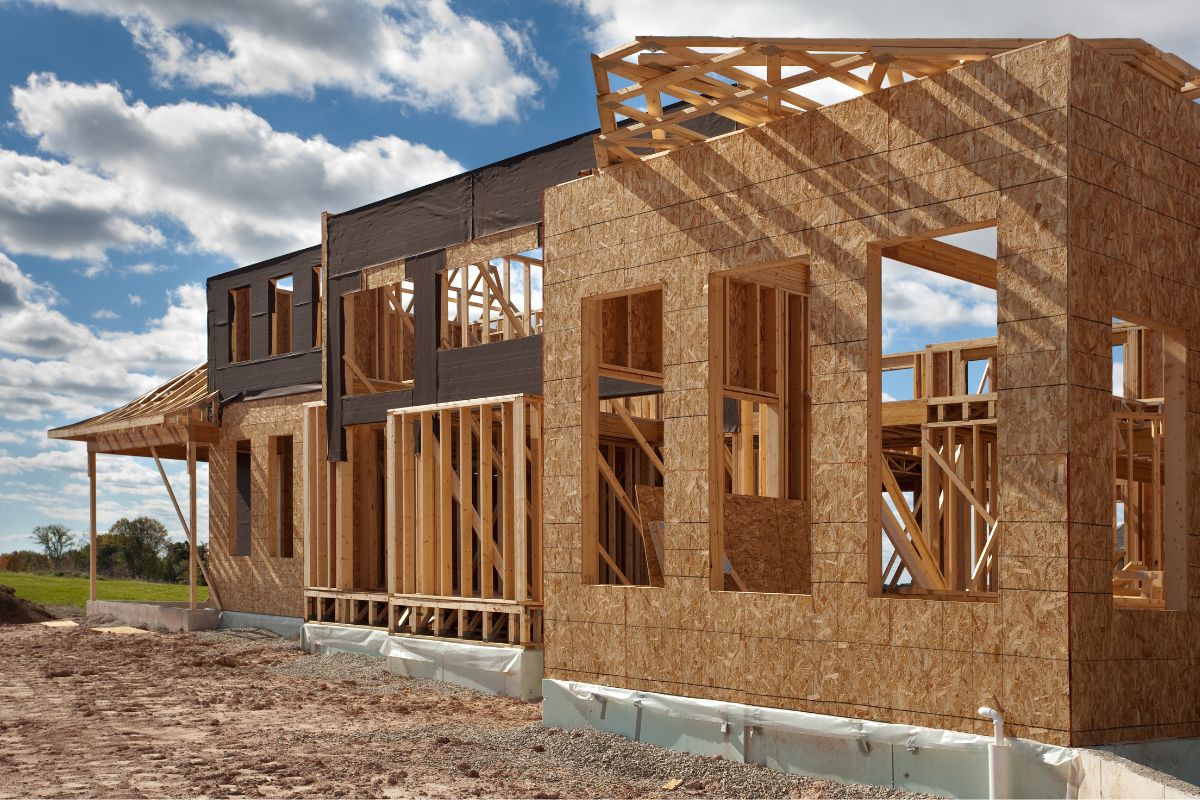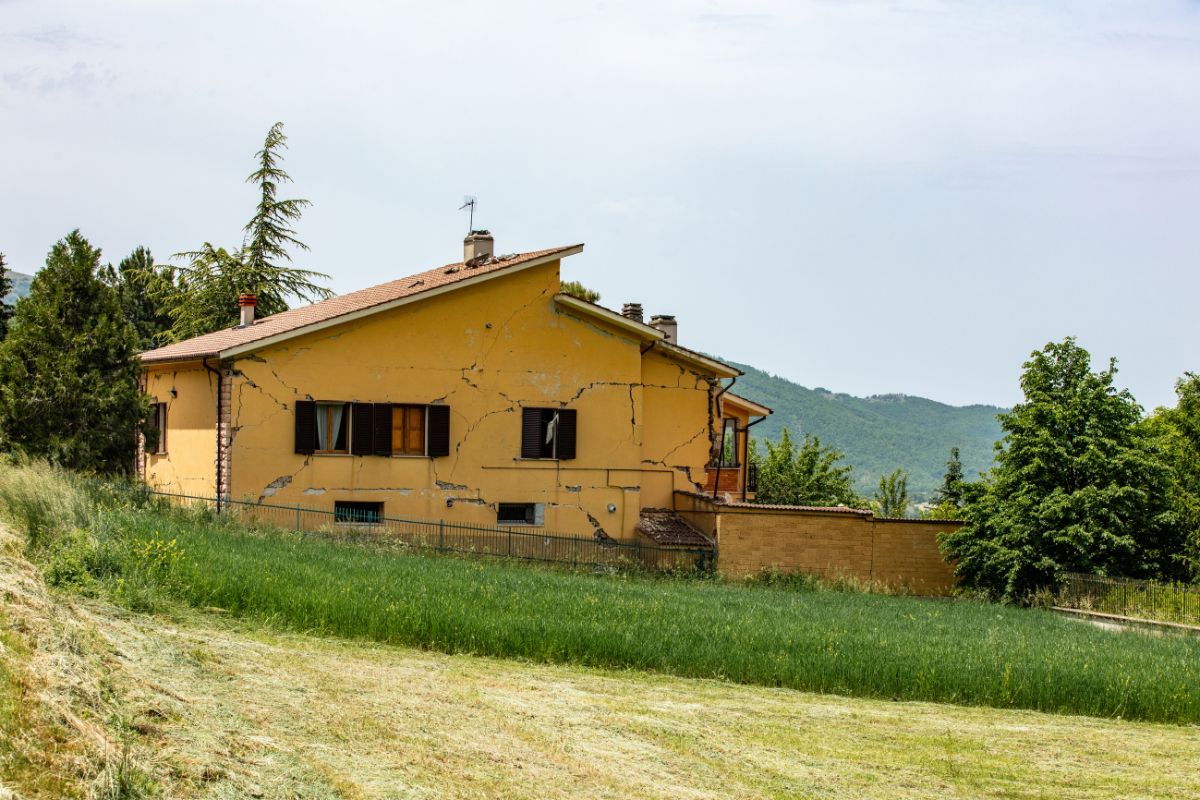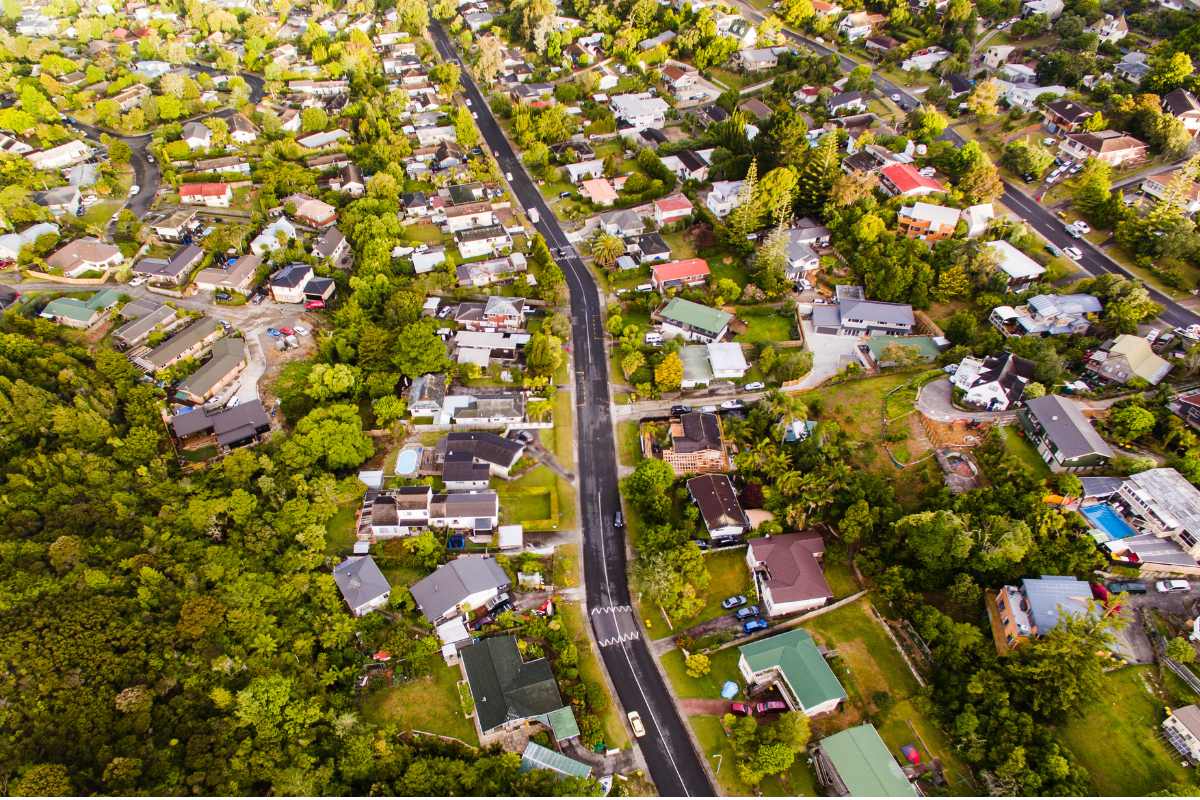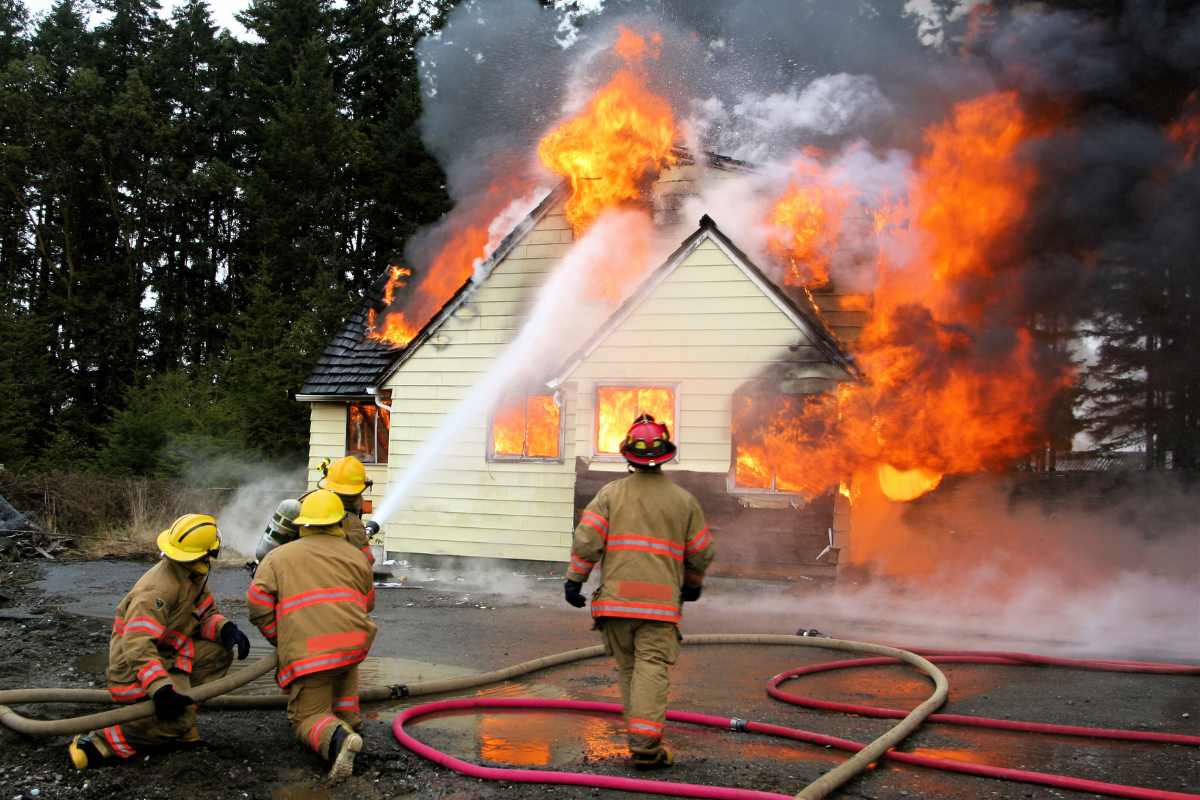Cross-lease to Freehold
Although cross-leases are more complicated than freehold titles, these problems can usually be minimised if owners of the cross-lease properties thoroughly understand their rights and obligations
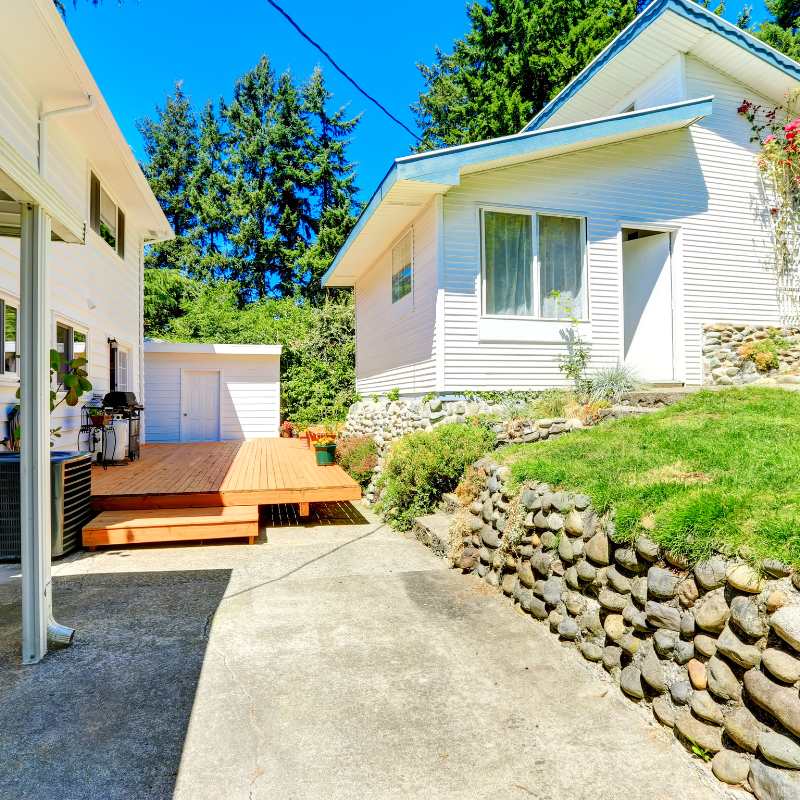
A cross-lease is a type of subdivision in which two or more parties share ownership in a piece of land and (cross) lease dwellings to each other. This was a popular subdivision method from the 19670s – 90’s, but it’s not commonly used now.
Who owns the title in a cross-lease?
Cross-lease titles are a form of title where each party owns a share of the underlying Freehold title. The “exclusive use” area used by each party is then leased back from the other owners (usually for a period of 999 years).
What is the history of cross-leases?
Cross-leases were created in the early 1960s to avoid restrictions on the subdivision of land and were a way to address access to affordable housing at that time. There are 215,958 cross-lease titles in New Zealand, of which 100,148 (47 per cent) are in Auckland.
Doing a cross-lease update:
This is required when additions or alterations are made to a dwelling on a cross-lease title, which alters the footprint of the building(s). A cross-lease update requires a field visit from a surveyor to measure the new shape of the house, then it goes to the council for approval, and then an updated plan is submitted to LINZ for approval before a new title is issued for the updated cross-lease. These alterations should also be approved by your neighbours who have a share in your title by cross-lease as well.
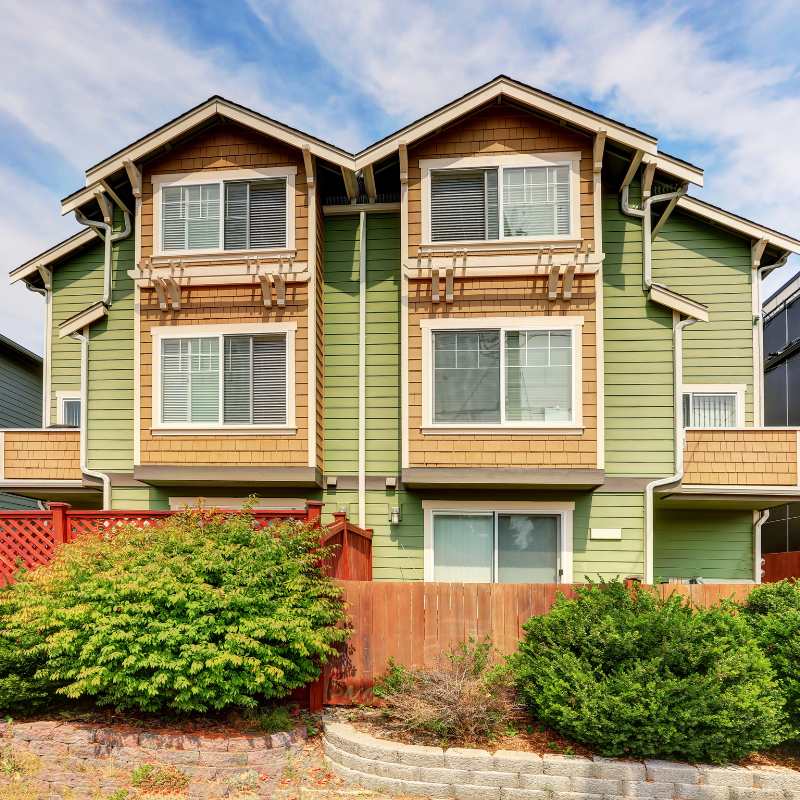
Why might you change a cross-lease to a fee-simple title?
Historically, a value discount is applied to cross-lease properties – a fee-simple property is frequently worth more and easier to sell. The Property Institute of New Zealand advises that converting a cross-lease title into fee-simple ownership significantly increases the value and saleability of the property. Cross-lease properties are estimated to be worth 7-18% less due to the ownership complications compared to fee simple. In the current Auckland market, that’s easily around $100-300k.
A cross-lease title isn’t as straightforward as a straight fee-simple title because your neighbour is a co-owner of your land, and you need your neighbour’s permission for things that a straight fee-simple owner wouldn’t. For example, any alterations to the property – even something as simple as changing a window to a French door – could require your neighbour’s consent. If your neighbour isn’t consulted or doesn’t agree, and you go ahead, in the worst-case scenario, you may be required to take your alterations down.
Cross-lease properties can be the subject of neighbour disputes, and the legal process involved in resolving any dispute can be complicated, take considerable time, and, therefore, become expensive.
But there is also a greater benefit than just money: the ability to make your home the way you want it, without needing your neighbour’s consent, and without the ongoing costs of needing to update the flats plan on your title after each alteration.
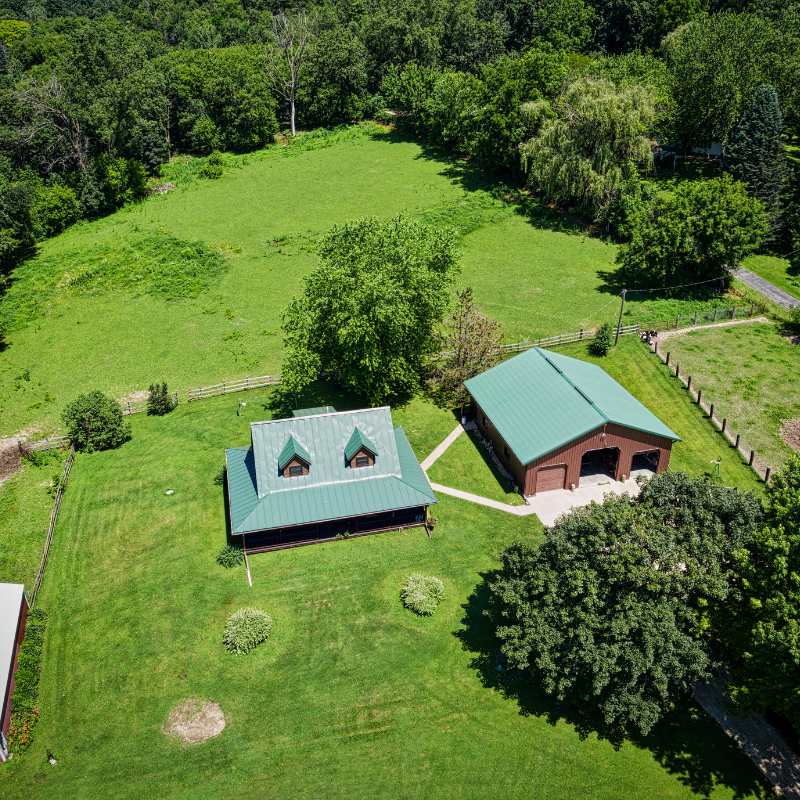
Can you change cross-lease to freehold?
To change your Auckland cross-lease title to a straight freehold or fee-simple title, the property must be subdivided. Each of the owners of the cross-lease title will need to agree to the cross-lease to standard freehold conversion, so ensure you have discussed this with all parties to your cross-lease title. You may also be called to easements if the stormwater and sewage need to be separated for each dwelling.
Would you buy a cross-lease property?
Cross-leases have upsides: they tend to be cheaper than similar houses on fee simple titles. Plus, because you own a share in a larger section, if your neighbours are okay with your extension plans, you may be able to cover more of the land than you could if it were split up.
What makes a cross-lease title defective?
A purchaser of a cross-lease property can object to the title if the flat plan is defective. If alterations or additions have been made to the flat plan so that the exterior dimensions have changed, the vendor will be unable to give a valid title to the properties because of the unapproved alterations/additions, and the title may be regarded as defective.
Can you renovate – e.g., build a deck on a cross-lease or put up a fence?
Cross-lease ownership means that any structural changes to the property or shared areas must be agreed upon by all the owners. Therefore, you should get the other owners’ agreement before making any changes to your ‘Building Envelope’ on the property – even for things like painting the exterior, building a deck or putting up a fence.
The cross-lease area may include any existing structure attached to the building, such as a deck or conservatory, plus any ancillary building to a dwelling, such as garages and sheds. Historically, cross-lease areas have generally been depicted on a cross-lease plan as the building footprint at ground level.
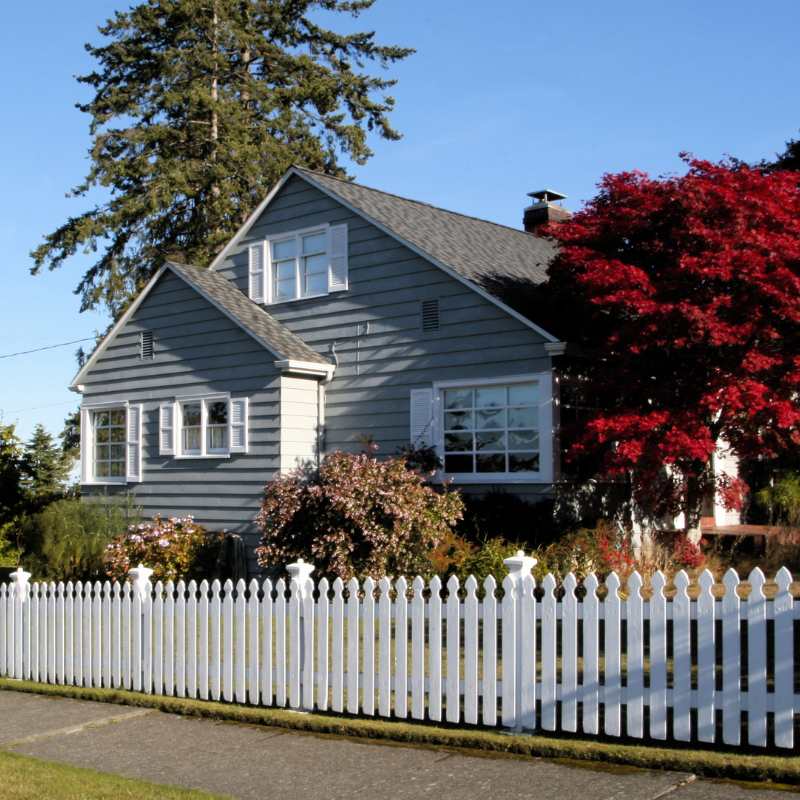
What are some of the problems with cross-leases?
Problems might include:
- Restricting an owner’s ability to have pets.
- Restricting an owner’s ability to rent.
- Restricting an owner’s ability to make alterations and renovations to the flat or erect other buildings, even plan exclusive use areas, without the consent of other owners that are a party to the cross-lease

How to ensure your purchase of a cross-lease is problem-free:
1. Title and Flats Plan
It is essential that the flats plan is checked to ensure that it matches the external dimensions of the building. If there are any discrepancies between the dimensions of the property and the flats plan, the title may be defective, and the issues surrounding these problems will need to be addressed immediately.
Further, it is not just the outline of buildings on the land which needs to be checked but also whether structural changes to the inside of the building have been made, which may have required the other freehold owners’ consent. For example, open plan living and kitchen areas may have needed consent prior to their creation, especially in older homes.
2. Insurance
A comprehensive insurance policy (including earthquake and fire risks) is essential and needs to be kept up at all times by each cross-lease owner. This is because cross-lease buildings in the same development are in close proximity to one another, even if they are detached. Thus, proper protection of all of the land owners, as well as any mortgagees, is key for cross-lease owners. Some cross-leases even require all owners to have the same insurer.
Conclusion
Although cross-leases are more complicated than standard freehold titles, these problems can usually be minimised if owners of the cross-lease properties thoroughly understand their rights and obligations. Thus, if you are considering purchasing a cross-lease property, we recommend that you have a lawyer advise you before signing any agreement, and the same applies to vendors before commencing any renovations to their cross-lease properties.

Author: Stewart Hobbs - Principal Engineer at ProConsult
Stewart is the journal editor for SESOC (Structural Engineering Society New Zealand (Inc.)

